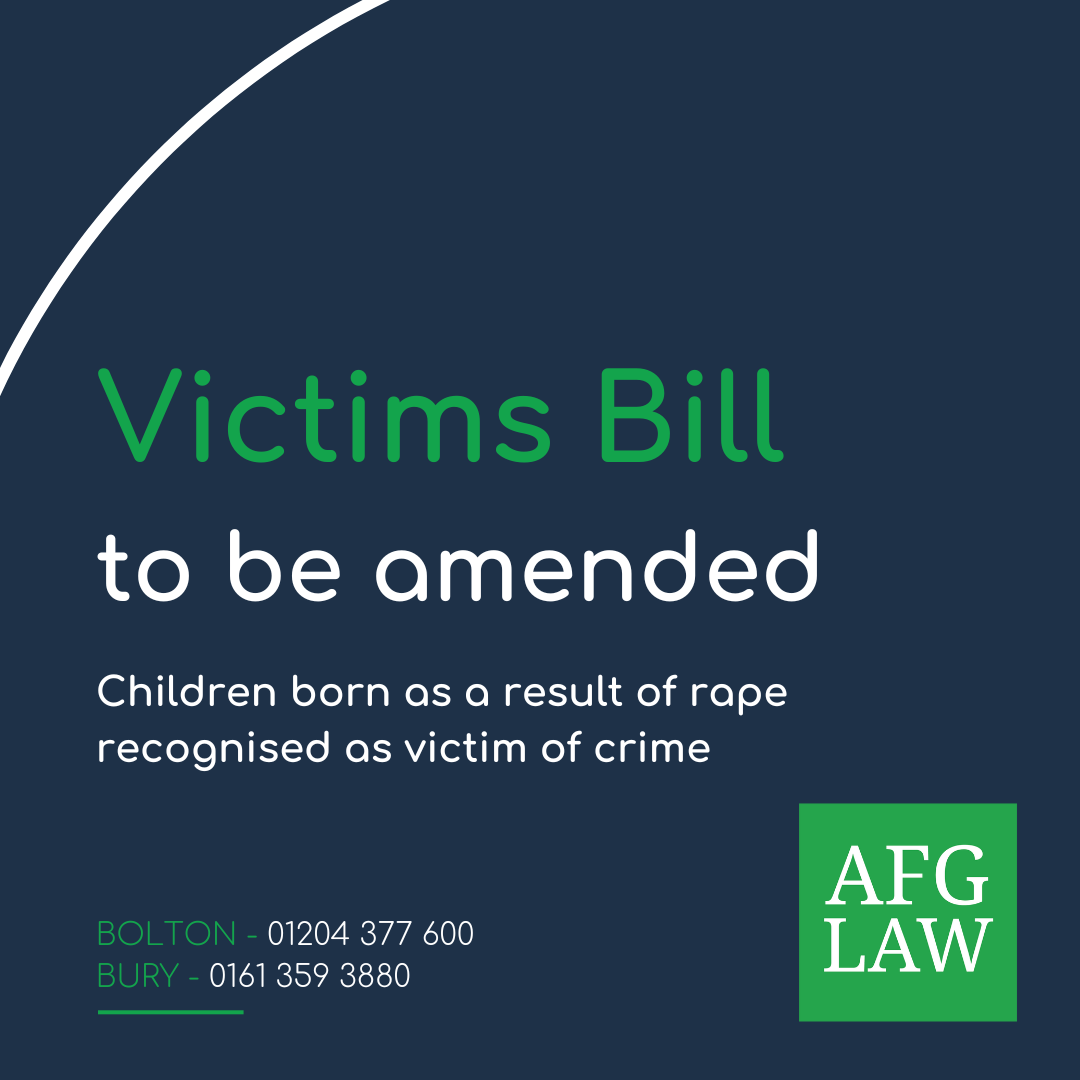Children born as a result of rape will be officially recognised as victims of crime and receive better support under changes announced by the government as per the announcement on the 19 January 2023.
The government will amend its upcoming Victims Bill to make this change to clarify that these children are entitled to support from criminal justice agencies such as the police and courts.
In the wake of this important research, ‘Daisy’ – a campaigner represented by CWJ, who was herself born as a result of rape – will be making renewed calls for Parliament to recognise individuals born as a result of rape as secondary ‘victims of crime’ in the upcoming Victims’ Bill. Affording rape-conceived persons this legal status in statute will, it is hoped, help counter the dearth of safeguarding measures and support currently available for rape-conceived children (and adults), for whom such a discovery can be profoundly traumatic and impactful.
In the wake of this ground-breaking Bill, which validates not just the victim of the offence but also the children born of the offence, the question still remains for family lawyers; ‘how to approach allegations of rape and sexual abuse’.
The first hurdle in the family court is whether the family court should apply a consistent definition of (i) rape, (ii) sexual assault or (iii) consent, making clear the difference between consent and submission and whether the definitions of rape, sexual assault and consent used in the criminal justice system should be either a starting or finishing point for judges in the family court.
This was determined in a Court of Appeal decision A v B & Anor [2023] EWCA Civ 360 (07 March 2023) whereby it was confirmed the family court must not import criminal definitions as an aid to fact finding as the focus of a fact finding exercise in children cases should be on whether the adult relationship was/is characterised by coercion and/or control. It should only be limited to those factual matters which are likely to be relevant to deciding whether to make a child arrangements or not. However does this not fly in the face of these new changes?
Therefore, this begs the question whether the family court should also adopt the same criminal definitions used in the criminal justice system to ensure that should it be proven that the child is born of a rape, the outcome would most profoundly have an impact on deciding whether to make a child arrangements order or not!
If you would like to speak to us further on this topic, please contact one of our family solicitors who can help. Email familysolicitor@afglaw.co.uk or call 01204 377600.
